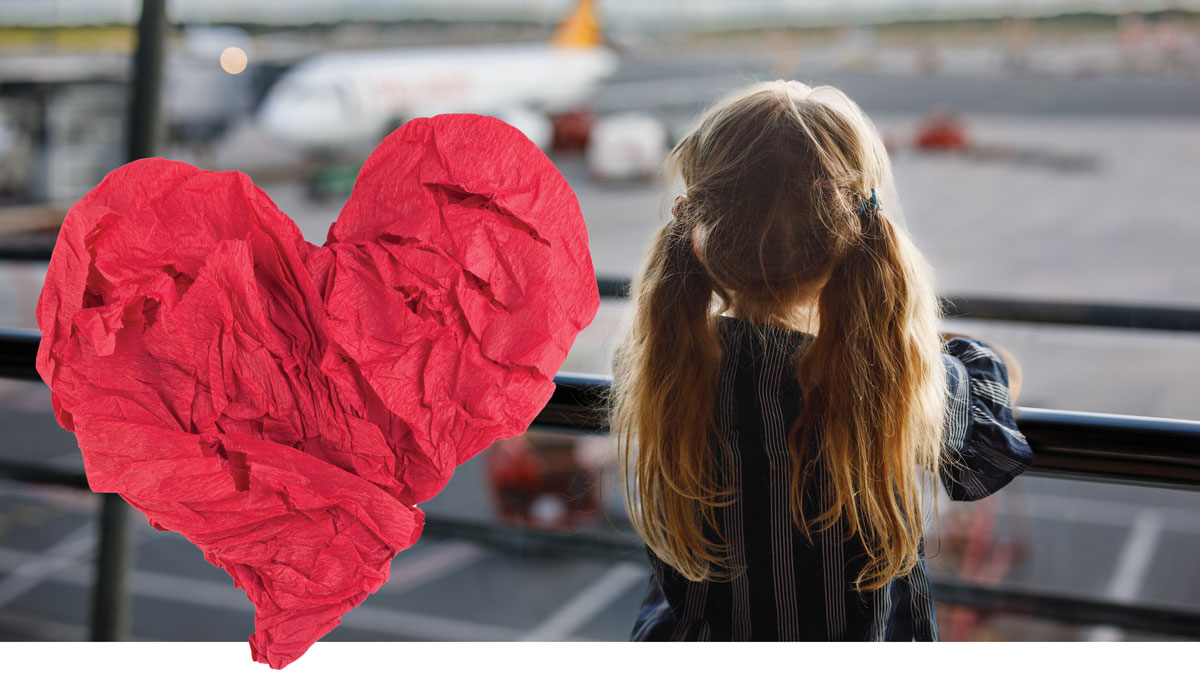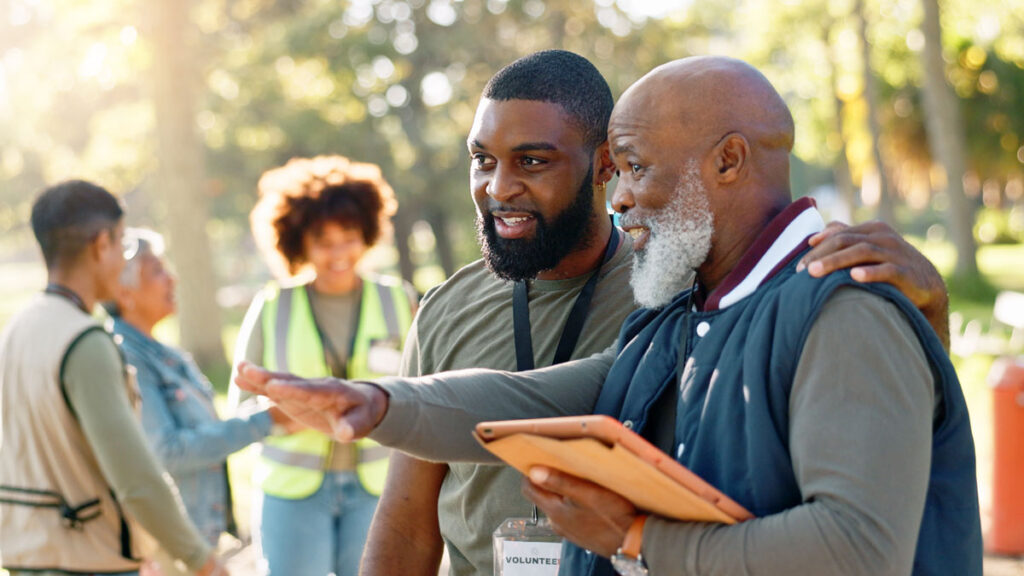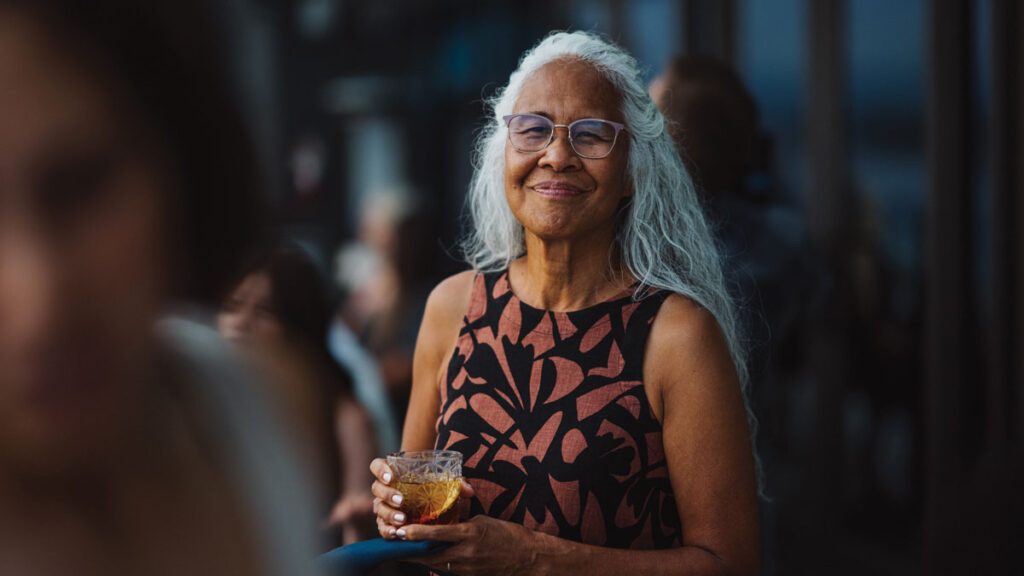It started with a runway. I sat on the plane at age seven, watching a world I loved disappear out a tiny window. I discovered a silent funeral within myself, my soul mourning the loss of half my heart, left behind in the islands. Don’t worry, my wise, nine-year-old sister assured me. Your heart will grow back but with lots of wrinkles. They’re memories, so you can always remember. This was when I discovered that it could hurt being a third culture kid, the title given to a child growing up in a culture other than their parents’ culture.
Fiji was my third country and the first home I remembered. My dad was a pastor and theology teacher, and so moving came with the job. While I acknowledge the privilege of being able to experience different cultures, it came with its challenges.
Walking through Sydney after we landed, I wasn’t so sure I liked it. I missed the palm trees, colourful markets and tangy smell of the city mingling with the mangroves. Sydney was big and strange, but we weren’t staying. We were moving to the country of my birth, the United States of America. My sister and I were excited. We knew Australia wasn’t home, though our Polish parents always called it such, so we felt for sure that America would be.
All thoughts of humidity and sunshine were abandoned when we landed, coatless and shivering. During the mad dash through the crowded slushy streets of Chicago, my thoughts were a jumble of fear and wonder, my lungs painfully breathing in the cold air and breathing out steam. I’m a dragon, I remember thinking.
The months passed and the seasons changed, a drastic difference to the wet and dry seasons we were used to. When the first day of school arrived, the teacher welcomed me at the door and showed me to my seat.
“You’re new. Where did you move from?“ a girl asked.
“Fiji,“ I said.
“Fiji?“ She frowned. I paused, thinking quickly. “Australia,“ I said. It made more sense.
When our yearly international food fair arrived, I was thrilled with the opportunity to dress up.
“Are you going to wear your Australian costume?“
“No, I’m going to wear my Polish one,“ I explained.
“You’re Polish too?“ She was confused, and I opened my mouth to explain where I’d lived and the language I spoke, but my friend knew the complicated story that was coming and rolled her eyes. Not this again! I stared at her, silent, hurt, but she changed the subject.
One day in Sabbath school, we learned about heaven being our true home. As Philippians 3:20 says, “Our citizenship is in heaven” (NIV). The teacher handed around small paper passports in which we wrote our names and drew little self-portraits.
”Look, Mumma!” I beamed when she came to pick me up. ”I’m a citizen of heaven!” At about 10 years of age, I thought about heaven being my real home for the first time. This comforted me, as on Earth I didn’t know where home was.
As a young teenager at summer camp, our theme song was “Where I Belong“ by Building 429, and I sang the words with all my heart: All I know is I’m not home yet / This is not where I belong / Take this world and give me Jesus / This is not where I belong.
I drifted from this promise, though, a typical teenager desperately wanting to fit in with my peers. But I didn’t feel American, not with Australian parents who spoke Polish at home. So, I decided that Australia was my home.
When I finished high school, our family made plans to return to Australia. I was excited, with visions of sunshine and kangaroos and living by the ocean. But as I said my goodbyes to the cornfields and fireflies, and as I hugged the friends who had become like sisters, I felt my heart cracking again. Once again, I watched my world disappear out the aeroplane window. Once again, I left half my heart behind.
My grandparents met us at the airport with balloons that said “Welcome Home“. My sister cried and pushed them away. I just felt numb. While glad to be back in Australia, I grieved leaving America. I struggled through the first couple of years, especially as the pandemic disrupted our lives, and slowly realised that Australia was not the magical country I had constructed in my hopes of finding belonging. But my heavenly citizenship was long forgotten. The song from summer camp lay in an ignored playlist as I looked to people and the world to make sense of my confusion.
Then I moved to Poland for a year, to volunteer as an English teacher in the first Adventist school in Poland. I thought this would help me reconcile with this part of my identity. ”You are Polish, through and through,” my grandparents had always exclaimed. ”It is your heritage, your blood.” But here in Poland, though my work is fulfilling, and I enjoy discovering this part of my history, I am very much a foreigner.
So where do I belong? I’m slowly realising that maybe it’s time to stop asking this question and return to my 10-year-old self, so assured, gripping a paper passport in my hands. Maybe this feeling of not belonging serves as a good reminder that Earth is not my home, not until Jesus returns to make things right. What if I were to root myself not in a place, but in a Person? What if I truly meant the words of the song I once sang with such confidence? Take this world and give me Jesus . . .
CS Lewis wrote in Mere Christianity, “If I find in myself a desire which no experience in this world can satisfy, the most probable explanation is that I was made for another world.”
This quote speaks to my heart, but I’m still figuring out what it means to lay to rest my desire to be tied to a culture and country, and to look instead to Jesus for the source of my identity.
I’ve used this analogy of a wrinkled heart with my story as a third culture kid, but there are many ways in which you might feel like you don’t belong. Maybe you’re an immigrant, or maybe you have a disability. Maybe you’ve always felt like you’re on the edge of what everyone else seems to be a part of. There are also many ways to lose half your heart. You may have had to leave a beloved place behind, or maybe you’ve had to leave beloved times behind. Or maybe you’ve lost someone you love. This is part of living in an imperfect world, and as we deal with things others may not understand, our hearts grow back, wrinkled with experiences and memories. But there is Someone who understands, and who always holds us close through the hurt.
So, to those of you who have healing hearts, for whatever reason, I want to remind you of the promise that there is so much more than this world. We have a permanent place waiting for us where we will belong for all of eternity. As Jesus promises in John 14, “My Father’s house has many rooms; if that were not so, would I have told you that I am going there to prepare a place for you? And if I go and prepare a place for you, I will come back and take you to be with me that you may also be where I am” (v2,3).
Remember, Jesus didn’t belong on Earth either. He was rejected by those He came to save and held the weight of humanity’s sin on His heart so that we might have the chance to one day be in our true home with Him, a home with the people we have loved and lost, a home that will remain steadfast and true, a home where our wrinkled hearts will no longer hurt.
Ashley Jankiewicz teaches English in Poland and has a passion for sharing Jesus through her writing.






